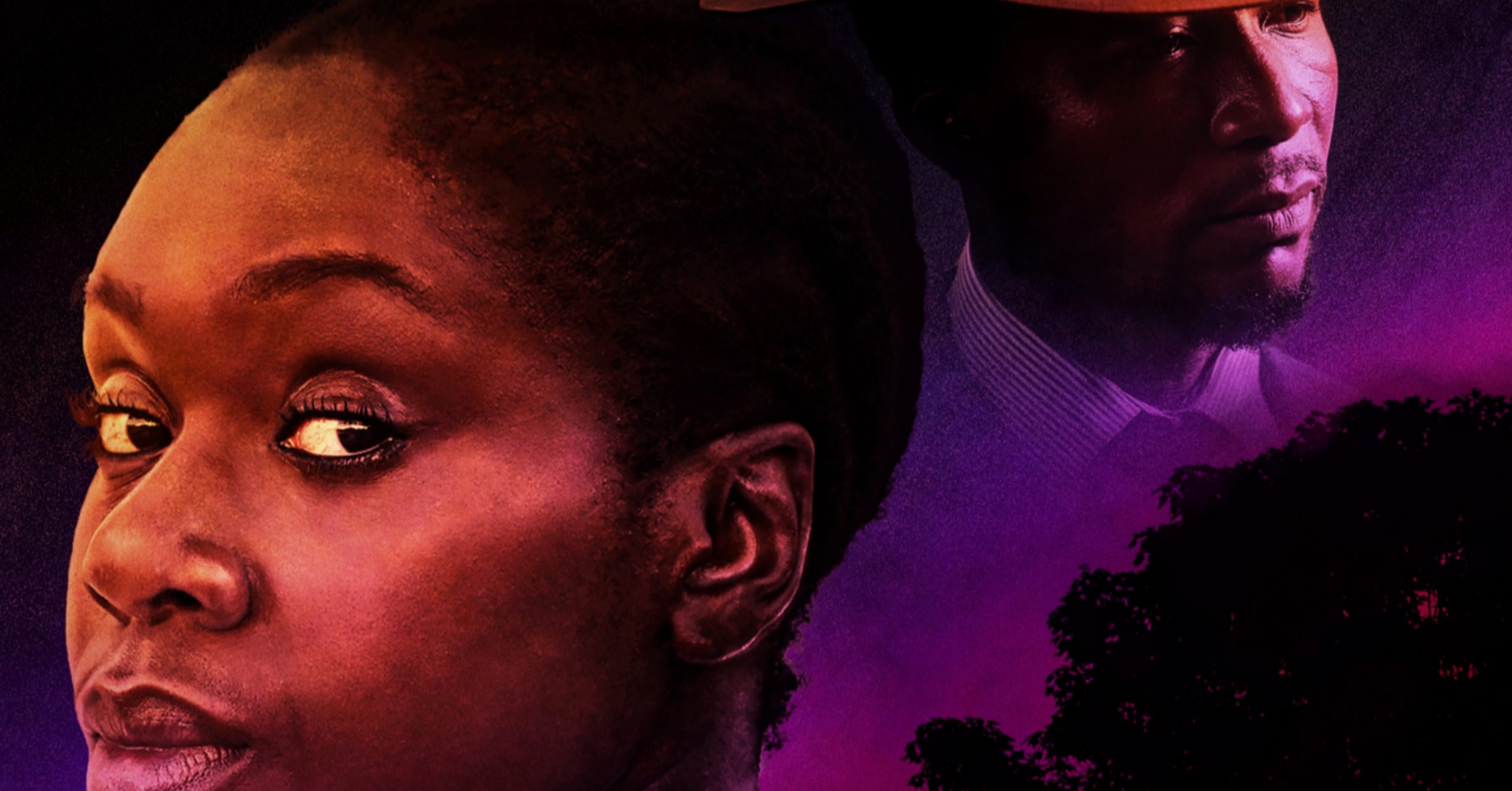Moon Over Aburi, an African Film Noir, Two strangers: a man and a woman with one story The man begins it, the woman concludes it, and she highlights the sordid role of a woman’s place in a corrupt, lawless society. directed by Sheila Nortley. The film is written by Emmy Award-winning writer Kwame Dawes, stars Anniwaa Buachie, Brian Angels, and Cynthia Dankwa, and is produced by Anniwaa Buachie.
IN CONVERSATION With Anniwaa Buachie, Producer and Actor
Why does this film matter? Why Now?
African women face misogyny, manifesting in the retarded development and progress of girls and women. Moon Over Aburi’s female-driven content deconstructs stigmas and depicts modern female responsibility and power, leading to critical reflection and hopefully social change.
MOA has the unique ability to present a deeply sensitive issue in a way that allows individualsâ€â€even perpetratorsâ€â€to understand issues from different perspectives, provoking meaningful and uncomfortable conversations, and reaching audiences at a low cost. Portraying a fictional male and the impact of his abuse enables men to examine their abuse without defensiveness.
The film will highlight a reality lived by so many African women. Through film screenings and panel conversations, we will explore how cultural constructs have contributed to how women are viewed and therefore treated, how this can change, and how it MUST change. Ultimately, the African Diaspora must take control and challenge the current narrative, replacing it with a new construct that allows the diaspora to acknowledge past mistakes, learn from the present, and construct a future paradigm that uplifts gender equality, suppresses elitism, and eradicates poverty.
This is the foundation of social cohesion and the start of “building better policies and better lives.” This ignites a focus on developing structures that empower women, aiding our development, how we view ourselves, and what we are capable of achieving, which as a result contributes to a positive social-cultural and economic change.

What drew you to this story?
As an actor, I work on many different projects, reading various scripts and stories. In September 2020, I was contracted to read an anthology called Accra Noir, edited by the amazing Nana Ama Danquah. It was a collection of around 30 crime-noir stories, all based in different parts of Ghana’s capital city, Accra. I came across the story, “Moon Over Aburi,” by, of course, our phenomenal writer, Kwame Dawes.
I remember that when I started reading this story, I immediately got goosebumps. As a woman who has been in an abusive relationship, I immediately felt heard and seen. The story was honest, visceral yet poetic, chilling… a dangerously tantalizing dance of cat and mouse between two people, a man and woman, secrets and lies. making the question whether two wrongs can make a right.
Kwame’s story explores how patriarchal society frames women like sirens, beckoning men to their deaths.
The fault of a man is blamed on the woman who raised him. Power is given to a woman only to nurture a child and a man. Yet it is taken from her as soon as she seeks equality, acknowledgement, and respect.
I had to bring this story to light; it is an oxymoron in its entirety, written so beautifully while dealing with a brutal subject matter… I knew that it would ignite a much-needed conversation in African society.
“Be merciful to women.” We love ghosts. “We, women, love ghosts.”

GBV is a running theme in this film; what other themes do you uncover?
Law and Justice… is a big one; in a community where money talks, the police only protect the rich.
If no support is given to those of lesser means, is it then up to the everyday man or woman to govern and protect themselves by any means possible? I think in many parts of Africa, you can literally get away with murder if you have enough money. To be honest, that is everywhere in the world. But I mean, there are levels to these things, and unfortunately, black women are often at the receiving end of harshness. Black women are constantly disregarded and unprotected by the law.
For example, in South Africa, women are literally fighting for their right to be protected by the police against GBV. I think to a certain extent there is a toxic masculinity engrained in the police force, so it’s hard for women to feel that they can go to the police for help. When you are faced with a situation like this, there are only a few options… and for the most part, they result in death, whether for the victim of violence or the abuser.
Director’s Statement: Sheila Nortley
“Misogyny is rife, and women are often blamed for the abuse they suffer at the hands of men.”
MOON OVER ABURI is a visually stunning film, adopting the codes and conventions of Hollywood film noir cinematography and placing them over the beautiful backdrop of Aburi, Ghana. an African Neo-Noir. I explored composition and framing inspired by the great Akiro Kurosawa and his cinematographer, Toshiru Mifune. With lighting inspired by the West and composition and framing influenced by the East, this film is a visual spectacle with a very explosive, tragic, and daring subject matter in a culture where misogyny is rife and women are often blamed for the abuse they suffer at the hands of men. The film sidesteps clichéd characterizations of Africa perpetuated in mainstream media and puts a contemporary twist on gender-based violence, juxtaposing the harsh realities of rape and trauma with the rhythm and magic of African storytelling through the two lead characters.

As our lead protagonist’s past comes to light, responsibility and shame are shifted from the victims to the aggressors.
Moon Over Aburi has been an invaluable short film to break into the world of shooting on the continent and showcase an exploration of the styles and tones of the rich culture and landscape of Ghana.
Moon Over Aburi complements my current body of work, which primarily focuses on women’s empowerment and protecting black women, who are generally seen as less vulnerable and in need of protection and support than their counterparts. Joy was a short film I directed about an immigrant mother who struggles with the gang culture consuming her young son. Often, tales about gang crime revolve around young black boys, but it was essential for me to provide a voice to the women who are often left in the excruciating grief of losing their babies before their time. My film, “I Am Mary,” I looked at the concept of trauma through the Virgin Mary herself, reimagining her as a black woman in the modern day. Moon Over Aburi is the next step of this journey, venturing beyond the borders of England into a world where misogyny is so deeply embedded.
We are experiencing a renaissance in African storytelling; a sleeping giant has been awakened, and I have an overwhelming desire to finally share this story. The time for this film is now.
SYNOPSIS A moonlit night in Aburi, a woman, an ex-police sergeant, who now owns a small kiosk where she sells food to patrons of the park, is packing up for the night when she is approached by a man asking for a meal. They begin to talk, and it becomes clear that the man knows more about this woman than he would appear to know, and slowly her suspicion of him, of his motives for visiting her kiosk, betrays the fact that she carries in her a monumental secret that slowly unfolds. Her secret is an intriguing story of trials, tribulations, and celebrations, and yet the tense game of cat and mouse between this strange man and this woman of fierce and complex power becomes a study in power set in the carefully stratified world of contemporary Ghanaian society. How did this woman of obvious intelligence and experience end up as a seller in a kiosk? Who is this man who first claims to be a prophet but slowly reveals a level of ignorance and hypocrisy in his questions and comments?
What will these two make of the story that sits at the center of their presence in this momentâ€â€how will their secrets, their philosophical conversations explode in this night in Aburi and change the discourse of Africa?
Awards and nominations
Nominated for “Best International Short Film” at the Toronto Black Film Festival
Nominated for “Best International Short Film” at the Joburg Film Festival
- https://joburgfilmfestival.co.za/filmsandschedule/
Nominated for “Best International Short Film” at the Pan African Film Festival



